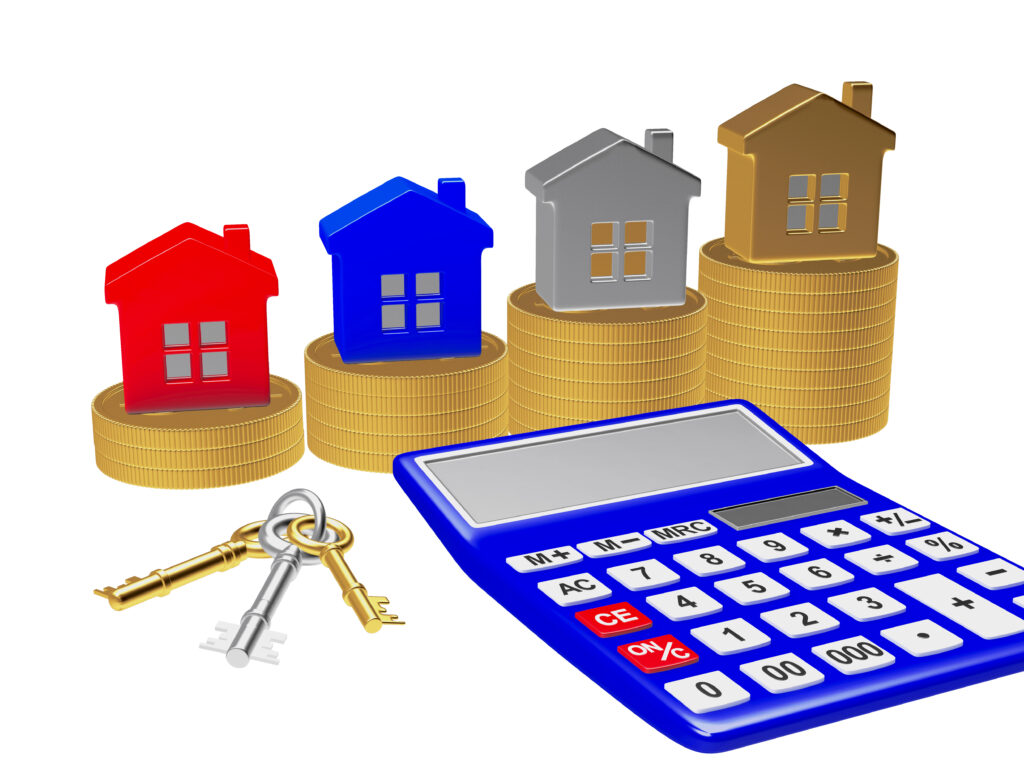In the housing market, there are many different home loans available to homebuyers to serve their financial needs. Some of the most popular ones include government-sponsored loans like the VA, FHA, and USDA loans. Other types of loans include conventional, conforming and non-conforming, amortizing and non-amortizing, hybrid, interest-only, and payment-option loans.
Regardless of the type of mortgage homebuyers apply for, all home loans fall under two categories: fixed-rate and adjustable-rate mortgage (ARM). Between the two, fixed-rate loans are the most common as all of the government-sponsored loans fall under this category, as do conventional, conforming and non-conforming, amortizing and non-amortizing loans. The other loan types – hybrid, interest-only, and payment-option – are adjustable-rate loans.
The Difference Between Fixed-Rate Mortgage and ARM
One of the most commonly asked questions is “what’s the difference between fixed-rate and adjustable-rate loans?” One of the obvious differences between the two is the interest rate. As the name suggests, fixed-rate mortgages have a fixed, unchanging interest rate for the full term of the loan, resulting in consistent, predictable monthly payments. The interest rates for fixed-rate loans are also typically lower than most other loan types but are typically higher than adjustable-rate loans.
Credit score requirements will vary depending on the loan type with some loans like the FHA loan having a lower minimum requirement of 580 to qualify for a low down payment. For better interest rates and lower down payment requirements for most other fixed-rate loans (including the conventional loan), a minimum credit score of 620 is needed, though a score of 750 or higher is preferred. Similarly, most loans require a debt-to-income (DTI) ratio lower than 43%.
Adjustable-rate mortgages (ARMs) by contrast have changeable interest rates that frequently adjust on a schedule. How often the rate adjusts will vary depending on the terms of the loan. The rates on some loans can adjust monthly, others can adjust quarterly, and others can adjust once a year, or once every 3 to 5 years.
ARMs will typically have a fixed-rate period in which payments start off with consistent low monthly payments before the adjustment period begins. As such, interest rates for ARMs tend to be lower than fixed-rate mortgages during this time. Once the adjustment period begins, monthly payments can increase or decrease depending on market rates.
Credit score requirements for ARMs will also vary, but like fixed-rate mortgages, the higher the credit score, the better the likelihood of getting a better rate. In many cases, a minimum score of 620 is needed, though having a credit score of 740 or higher is preferred, as well as having a DTI lower than 51%.
Pros and Cons of Fix-Rate Mortgages
Deciding on which mortgage to get requires thought depending on factors such as annual income, the financial needs and goals of the homebuyer. As such the pros and cons will differ for both fixed-rate and ARMs.
For fixed-rate loans, the pros include:
- Consistent, predictable monthly payments
- Easier budgeting for managing other expenses
- Less complex and non-flexible to change
- Ideal for homeowners who don’t plan to relocate
Some of the cons include:
- Interest rates remain the same even when market rates drop
- Could end up paying more in interest if the loan was secured when market rates were high without refinancing.
Pros and Cons of Adjustable-Rate Mortgages (ARM)
Given the unchanging nature of fixed-rate mortgages, an ARM might be ideal for homebuyers who can afford to pay off their mortgages faster. As such the pros and cons of an ARM are often the polar opposite of fixed-rate loans.
For ARMs, the pros include:
- Lower monthly payments during the fixed-rate period
- Can take advantage of dropping market rates, which can help save money
- Ideal for homeowners who expect to relocate
Some of the cons include:
- Could potentially make higher monthly payments during the adjustment period
- More flexibility on the side of the lender to decide adjustment indexes, caps, margins, and other things
To find out if a fixed-rate or adjustment-rate mortgage is right for you, contact MCS Mortgage by phone at 833-415-LOAN or by email at Hello@MCSMLS.com.

